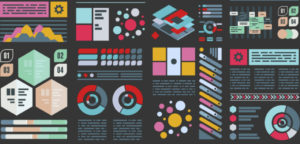
An Active Learning Exploration: Two-Stage Exams
Research on active learning is moving beyond the “does it work better than lecture?” question to explore how particular kinds of active learning experiences influence learning. How appropriate and welcome! Do some of its many techniques promote learning better than others? Which ones? And what













